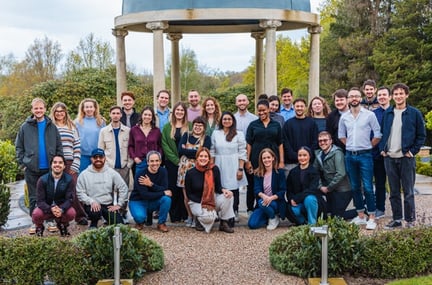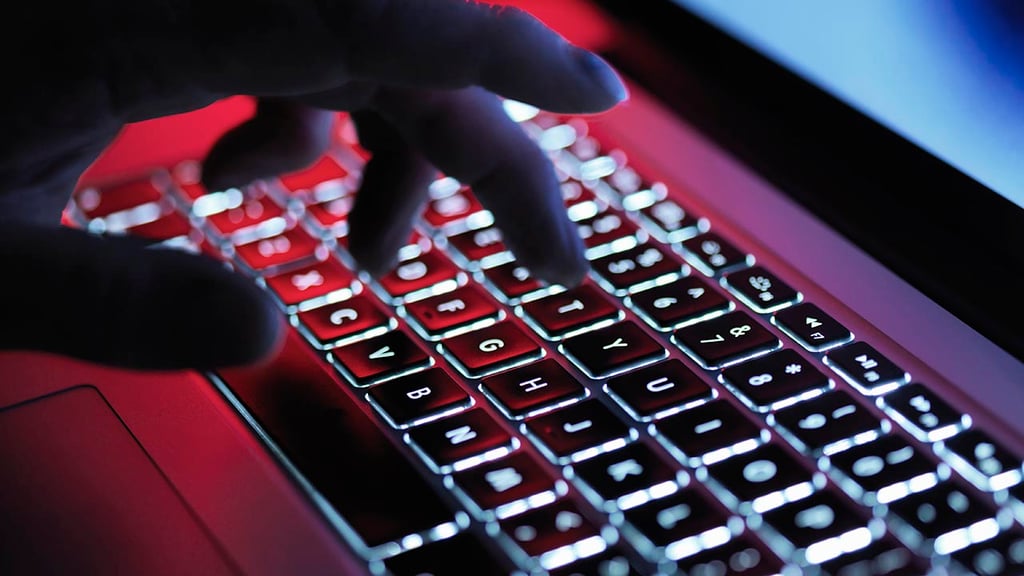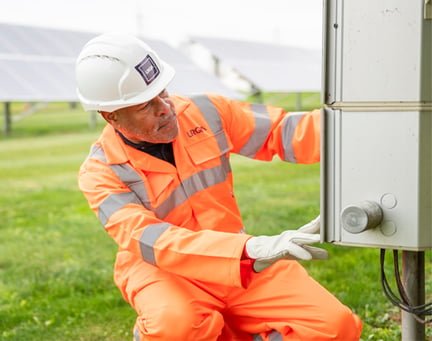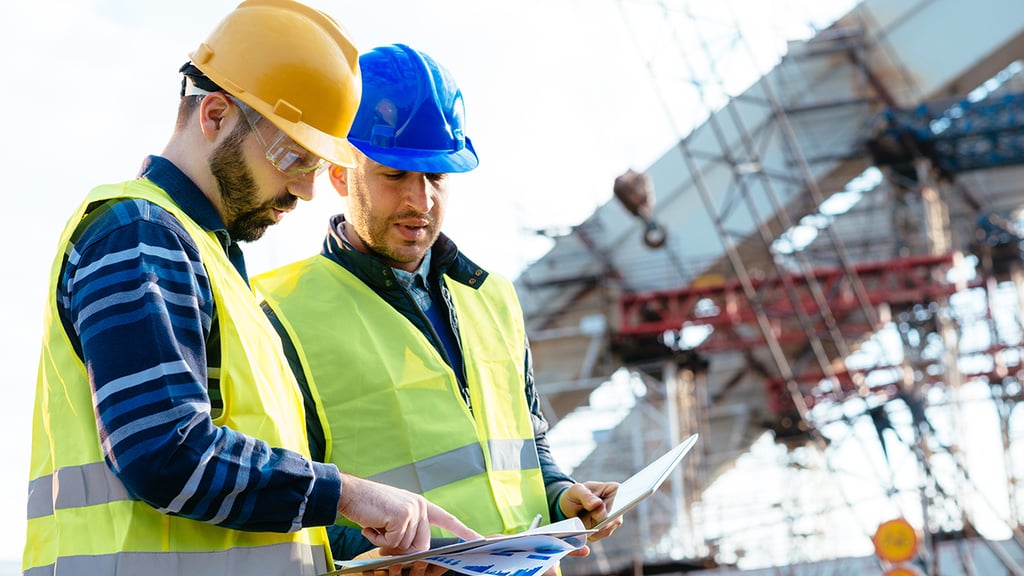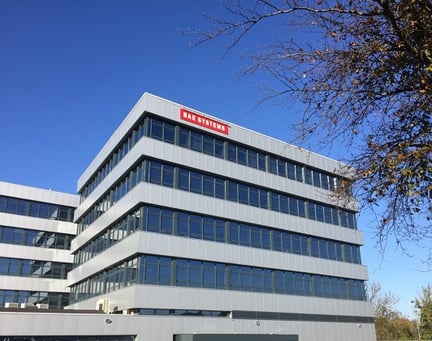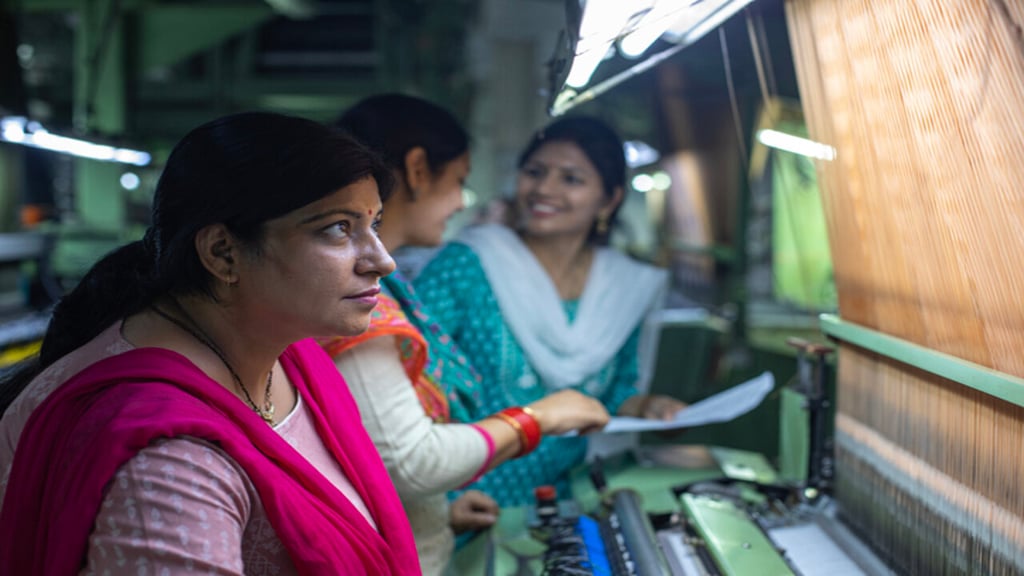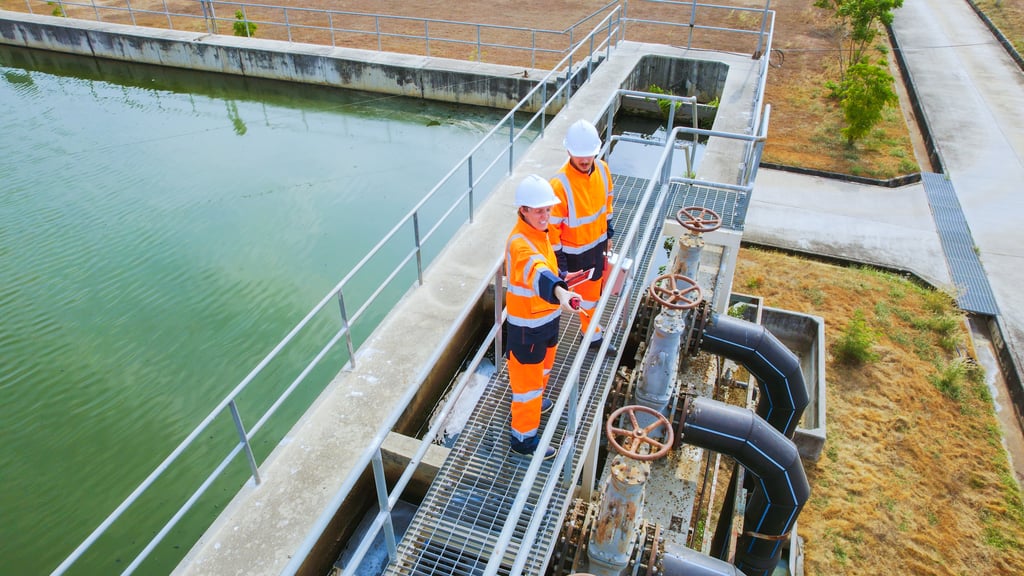Remote auditing means that assessments can easily be delivered directly to you through a phone or tablet, whatever the circumstance and wherever you are in the world. Remote audits eliminate wait time and reduce the cost of travel.
Many of you have asked questions recently about these services. Here, Vincenzo Patti, Southern Europe Service Delivery Manager at LRQA, answers your questions and addresses your concerns.
Q: Can remote audits be used for manufacturing processes?
A: Yes, remote auditing can be used for manufacturing process as long as you have the right technology, used at the right time and in the right way. In our experience, using remote services for manufacturing processes adds real value to the audit. One tip is to make sure you have a pre-planning session to agree which platform suits you best and identify the best way to implement the audit. This way, you won’t experience any delays on the day the audit is scheduled to take place. Laboratories, stores, special processes like painting or welding can also use remote auditing to the same effect.
Q: If the remote auditor is located in a different country, will they still speak my language?
A: The quick answer is yes. Our field-force planning department selects the right auditor, located in the right place, for each business we work with. Once this is complete, a courtesy call takes place in which the auditor will introduce him or herself if they have not worked with that particular business before. During this call, any language requirements are discussed and agreed.
We have auditors located in 90 countries speaking several languages. For example, in Southern Europe, we cover eleven countries with auditors who speak English, Spanish, Portuguese, French, Italian, Croatian, Romanian, Bulgarian, Serbian, Greek and Turkish.
Q: What happens if the technology doesn’t work due to network outages?
A: During the pre-planning activity and courtesy call, the auditor will discuss a contingency plan with the business representative. This could include a backup computer or a check of the internet connection available. We also test the chosen platform before the audit.
In the unfortunate event that the technology doesn’t work, the contingency plan will be implemented, or in extreme circumstances we could suspend the audit and reactivate it at the first opportunity in adherence with the accreditation rules. It is important that any deviation from the accreditation requirements are justified and documented.
Q: Can our current auditor run the audit remotely? We have a good relationship with our auditor and we’d like to continue working with them.
A: We would facilitate this wherever possible because of the auditor’s knowledge of that business. It makes logical sense for the same auditor to continue to work with that company as they know the site and the criticalities that need to be considered when deciding on the right platform to use for the remote audit. However, it needs to be done in line with the accreditation rules.
Q: Can we combine traditional on-site audits with remote ones?
A: Yes, we can – and this can help deliver the maximum benefits of reducing costs, travel time and safety risks. An example is an audit we delivered for an international oil and gas business with more than 50 manufacturing sites in the world.
For those sites located in countries where the health and safety risks are significant, or where COVID-19 is prevalent, we would use remote audits techniques for those locations, while running an on-site audit in the company’s headquarters. It’s about flexibility – being able to choose which method works best for which site.
Do you have further questions about Remote Auditing?
Take a look at our web page to find out more, or request a demo from our remote experts.



